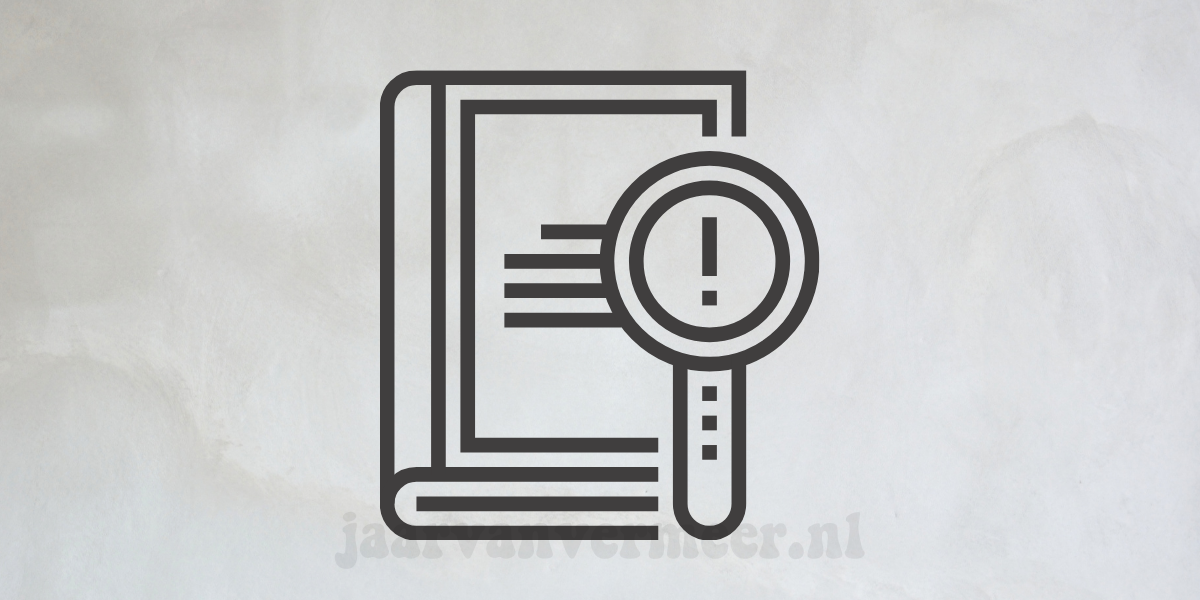
FOB refers to the shipping of goods. FOB stands for “freight aboard” or “freeboard,” which indicates the time when ownership or liability of goods is transferred from seller to buyer. Many shipping professionals are confused by the term FOB. It is essential that buyers and sellers both understand FOB so they don’t lose money. This term determines who is responsible for freight charges and when the shipment will be passed from sellers to buyers.
FOB means that international shipping is an example of international shipping. It indicates that the consignor will pay the loading and transportation costs to send the goods to the port. The consignee is responsible for all expenses related to insurance, ocean freight, loading, and transportation from the port to their destination. In this case, the seller transfers the risk of the goods onto the buyer upon loading the goods at the port.
There is a difference between origin and destination:
FOB origin means that the goods are transferred to the buyer as soon as they leave the seller’s hands. Shipping the goods to the buyer is at the buyer’s expense. This transaction is commonly referred to by the city name, such as FOB Boston or FOB San Francisco.
FOB destination, on the other side, means that the goods are transferred to the buyer once they reach their doorstep. The seller must arrange transportation for the goods, for which he either pays for or charges the buyer. If the goods are damaged during transit, the seller must also be responsible.
FOB is more important when large goods are being shipped wholesale or directly to customers.
Use of FOB in the Shipping Documents
The documents for shipping can include the FOB term in four different ways:
Freight Collect – FOB (place o’ origin)
FOB (location o’ origin) – Freight Prepaid
Freight Collect – FOB (place at destination)
Freight Prepaid – FOB (place at destination)
The FOB designations are essential to shippers, especially in the event of damage to the goods. Some receiving docks refuse to deliver damaged goods and will not accept the damaged note. If a shipment has been correctly identified, it is evident that either the seller or buyer must bear the damage risk. There is no room for confusion in such cases. The Incoterm 2010 also changed the definition of FOB, making it easier and more understandable for all.
What is FOB?
This term is essential for companies that ship large quantities of goods. The FOB term is a straightforward way to understand the responsibility of each party for the safety of delivery. This information is helpful for both the buyer and seller to determine who owns the material at any given point in the shipping cycle. Accounting professionals can also use this information to keep track of transactions on FOB. The term can also be helpful for logistics management.
Sales Tax and FOB:
FOB is a good option if you fall under the jurisdiction of any state that charges shipping taxes. The buyer is responsible for paying freight charges by contracting directly with the shipper for packages marked FOB origin. The seller is not involved in this transaction. As the buyer has already paid freight charges, which are exempted by most states, he is not required to pay sales taxes.
Professionals are often able to help people who find complex terms difficult to understand or interpret. This enables you to comply with all terms and ensures your shipments are managed quickly. The shipping industry should pay close attention to FOB incoterms and be familiar with them in detail.
Yash is a blogger who specializes in Digital Marketing. Since 2014, he has worked with Transport Law Texts and has created many innovative digital marketing solutions.